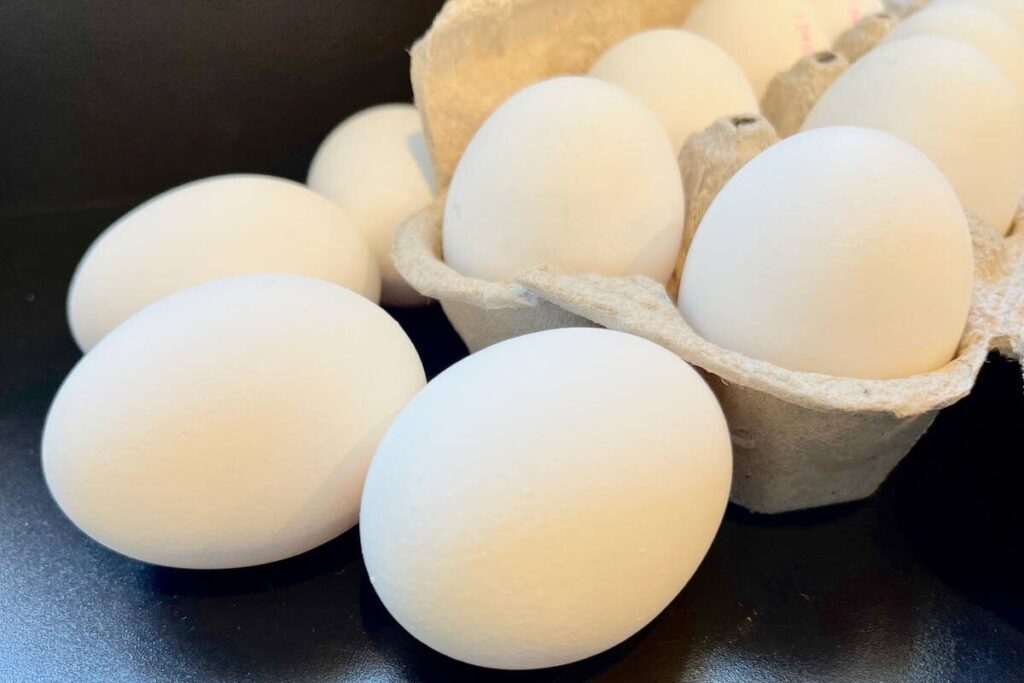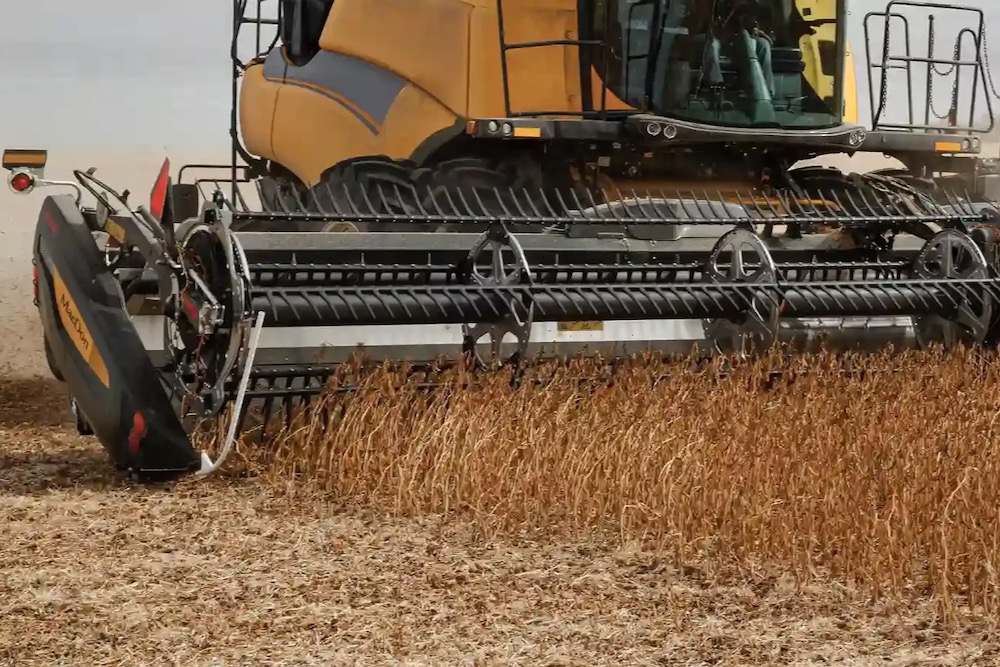OPINION: Canadian food self-sufficiency starts by empowering farmers

While there is no shortage of big issues in this election, we know that our food sovereignty and self-sufficiency are critical to the future of Canada, and voters are right to expect real answers and clear leadership.
For more than 50 years, Canada’s supply management system has delivered something remarkable: a reliable supply of high-quality, nutritious food produced by Canadian farmers for Canadian families. That’s not just good policy—it’s good for people. At a time of much uncertainty, it is more important now than ever to have the right systems in place to ensure Canada’s ability to feed itself today and into the future.
Read Also


Brazil to export more soy to China amid trade war, Abiove says
Brazil will export more soybeans to China and more soymeal to its main clients in Europe, the Middle East and Southeast Asia in 2025 amid the trade war between the United States and China, a director at industry group Abiove said on Thursday.
Every day, over 1,200 Canadian egg farmers and farm families produce fresh, local eggs from Newfoundland and Labrador to British Columbia and everywhere in between. Together, our industry supports over 18,500 jobs across the country and contributes $1.3 billion to Canada’s GDP annually. These aren’t abstract numbers—they’re families, businesses, and rural communities that witness firsthand the benefits of supply management.
What makes this food system so unique is its made-in-Canada logic. Supply management empowers egg farmers to match production with demand, which in turn provides predictability for farmers, food processors, and consumers. That’s the kind of smart, self-sufficient model Canadians rely on. It’s a system that focuses on coordination, collaboration, and a deep respect for the food we produce, the people who produce it, and the Canadians who enjoy it.
As we have seen in recent years, supply management has helped Canada remain resilient, and it will continue to ensure we have strong domestic food supply chains even in the face of external market shocks and supply chain challenges. That’s not just an economic advantage—it’s a national security asset. In fact, with the ongoing geopolitical tensions, over 90 per cent of Canadians are convinced of the need to maintain Canada’s supply management system.
Throughout the campaign, we have been hearing a lot about affordability, jobs, local businesses and building an efficient, green economy. The good news is that supply management already delivers on many of these priorities, and its continued success depends on ongoing political leadership. Leadership that values strong domestic food production in a rapidly shifting global economy and recognizes that Canadians want domestic food self-sufficiency. This is why we are encouraging candidates from all political stripes to stand strong with our farmers and defend supply management as the essential pillar of Canada’s food system it is.
Canadians want to know that when they go to the grocery store, the eggs they buy are fresh, local and produced with care. They want policies that support the farmers who live in their communities and contribute to their economies. They want the made-in-Canada food they trust.
Supply management isn’t just a model for agriculture—it’s a model for the kind of Canada we want to live in. Canada’s egg farmers are looking to our leaders to show their strong support for this fundamental system that delivers stability and self-sufficiency to our food system.
— Roger Pelissero is a third-generation egg farmer and Chair of Egg Farmers of Canada
Source: Farmtario.com


